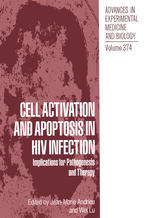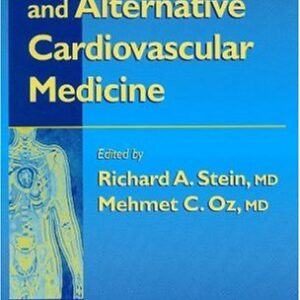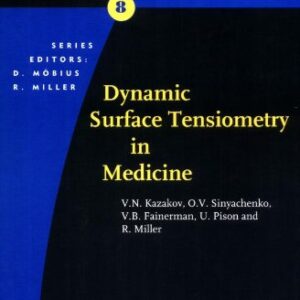In the past decade, the global efforts in the control of HIV disease were basically concentrated on the search for anti-retroviral agents. So far, anti-HIV therapies have been shown to be disappointing because of rapid development of drug-resistant mutant variants. Despite this drawback in the therapeutic fight against HIV infection, antiviral research should be actively pursued. However, failure of antiviral therapy indicates that other avenues of research should be rapidly explored with the same energy. In this setting, striking advances have been recently made in the dissection and understanding of the viro-immunological processes governing the progressive destruction of lymphoid organs associated with AIDS develop? ment, and HIV-induced activation and apoptosis have been identified as key phenomena of the immune system destruction. This book assembles the most recent advances on basic and clinical aspects ofT-cell activationiapoptosis in HIV infection and their implications for immunotherapy. These data were presented at an international symposium held on July 11-12, 1994, in Paris. The book is partitioned into 21 chapters covering four comprehensive fields: 1) T-celllmacrophage activation and HIV infection; 2) Apoptosis and viropathogenesis of HI V disease; 3) Apop? tosis and immunopathogenesis ofHIV disease; 4) Mediators ofT-cell activationiapoptosis and therapeutic applications. We hope that this book will assist the readers in understanding recent advances in the viro-immunopathogenesis of HI V disease as well as the rationales for potential immune? cell-targeted therapeutic interventions.
Medicine
{PDF} Cell Activation and Apoptosis in HIV Infection: Implications for Pathogenesis and Therapy Jeffrey Laurence (auth.), Jean-Marie Andrieu, Wei Lu (eds.)
$9.99






Reviews
There are no reviews yet.